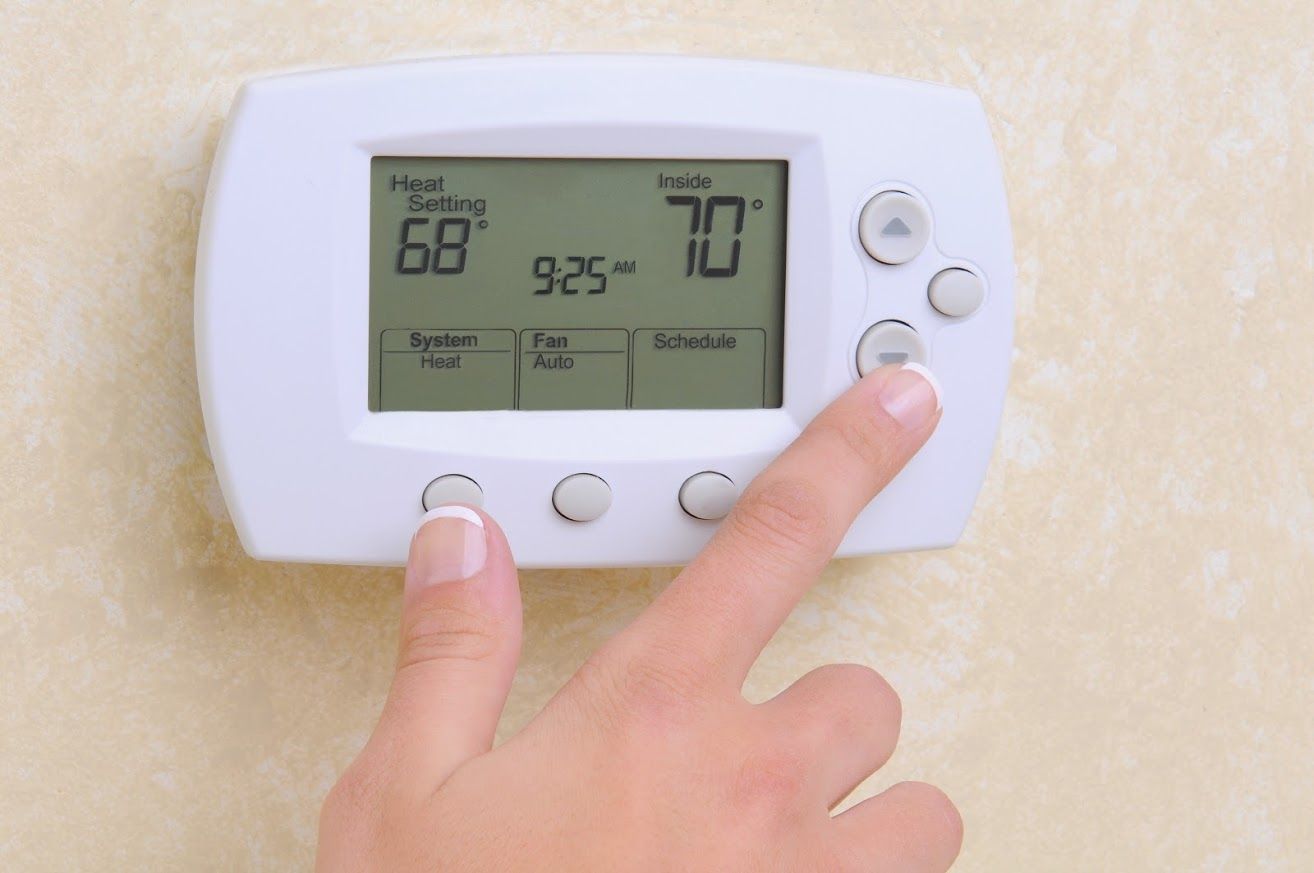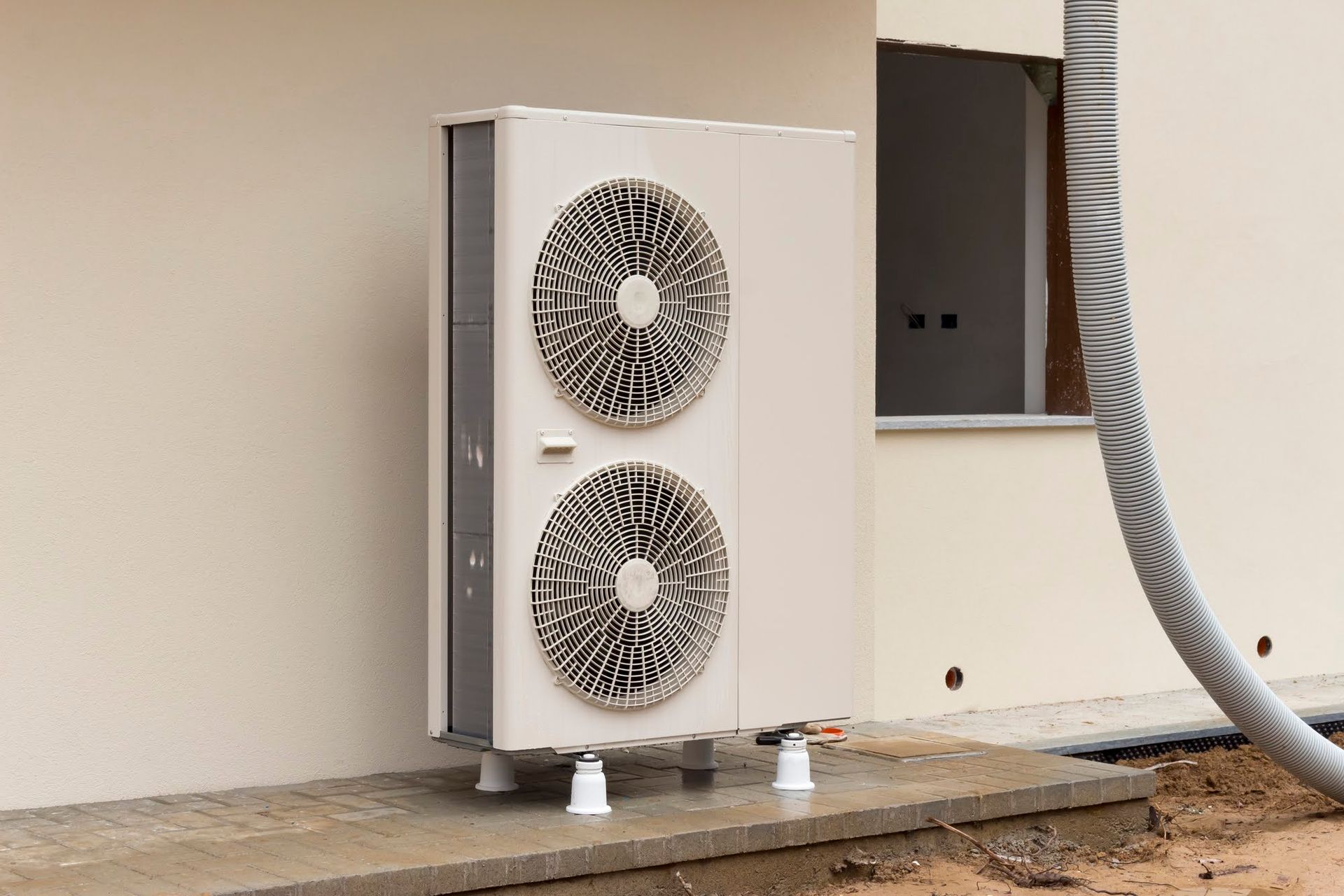How To Improve Indoor Air Quality
Indoor air quality plays a crucial role in providing a comfortable living space. Since many people spend most of their time indoors, improving indoor air quality should be a priority for every homeowner. Here are some solutions to better indoor air quality.
1. Use High-Quality Air Filters
Your HVAC air filter eliminates dust and allergens from the air circulating throughout your home. The air filter gets dirty while collecting these particulates. This is why you should change your HVAC air filters regularly. If you don't change your air filters, your house may experience decreased airflow and an accumulation of dangerous allergens.
To improve indoor air quality, you should not only change your air filters regularly but also use high-quality filters. Experts recommend air filters with high minimum efficiency reporting value (MERV) ratings. For example, pleated filters have a rating of between 5 and 8, while fiber-glass filters have a rating of between 1 and 4. The higher the rating, the smaller the particles the filters can trap, thereby keeping indoor air clean.
2. Use Carbon Monoxide (CO) Detectors
Did you know that one of the most harmful indoor air pollutants is carbon monoxide? The fact that it has no smell and cannot be seen makes it deadly. Many people experience carbon monoxide poisoning without being aware of it.
So, invest in a CO detector to improve your indoor air quality. This is a worthy investment if you cook or heat your home with gas. A gas appliance malfunction can lead to a dangerous accumulation of carbon monoxide in your home. With a CO detector, you will be on high alert when this happens.
3. Plan Routine HVAC Maintenance
Many think that HVAC maintenance only ensures the system is working properly. However, HVAC maintenance includes cleaning the system to improve indoor air quality.
For instance, the HVAC expert will clear the blower fan of dust and debris during a furnace tune-up. Debris like lint and pet hair normally accumulates on the blower fan. Failure to remove these particles can reduce the effectiveness of your HVAC since the blower fan regulates air circulation in your house.
Regular HVAC maintenance helps to prevent an accumulation of dirt, debris, and allergens in different HVAC's components, improving indoor air quality.
4. Invest in Air Purifiers
Are you tired of vacuuming and dusting your home every day? You can make this monotonous task easier by investing in air purifiers. These devices trap more particles than high-quality vacuums.
Some pollutants you can expect an air purifier to pull from the air include tobacco smoke, viruses, bacteria, pollen, and animal dander. The majority of air purifiers can capture particles as fine as 0.4 microns. So, even the particles that cause the common cold may be filtered out by an air purifier.
5. Consider Humidifiers and Dehumidifiers
Humidifiers are crucial during cold winters. During these cold conditions, the indoor air is dry. This can create issues like static electricity, cracked hardwood floors, and ruined woodwork. It can also contribute to health conditions like itchy skin and bloody noses. Dry air might also make your heat pump or furnace work harder to provide the necessary heating.
Humidifiers improve indoor air quality by adding water vapor to the air. This prevents the negative effects of dry air. Additionally, your furnace will not work harder because water vapor helps air absorb heat better.
If you have issues with your indoor air quality, consult Wyoming Air. With many years of experience, we specialize in regular heating and cooling equipment checkups, emergency repairs, installation of new equipment, and many other HVAC-related services. Contact us for a consultation and allow us to improve your indoor air quality.









